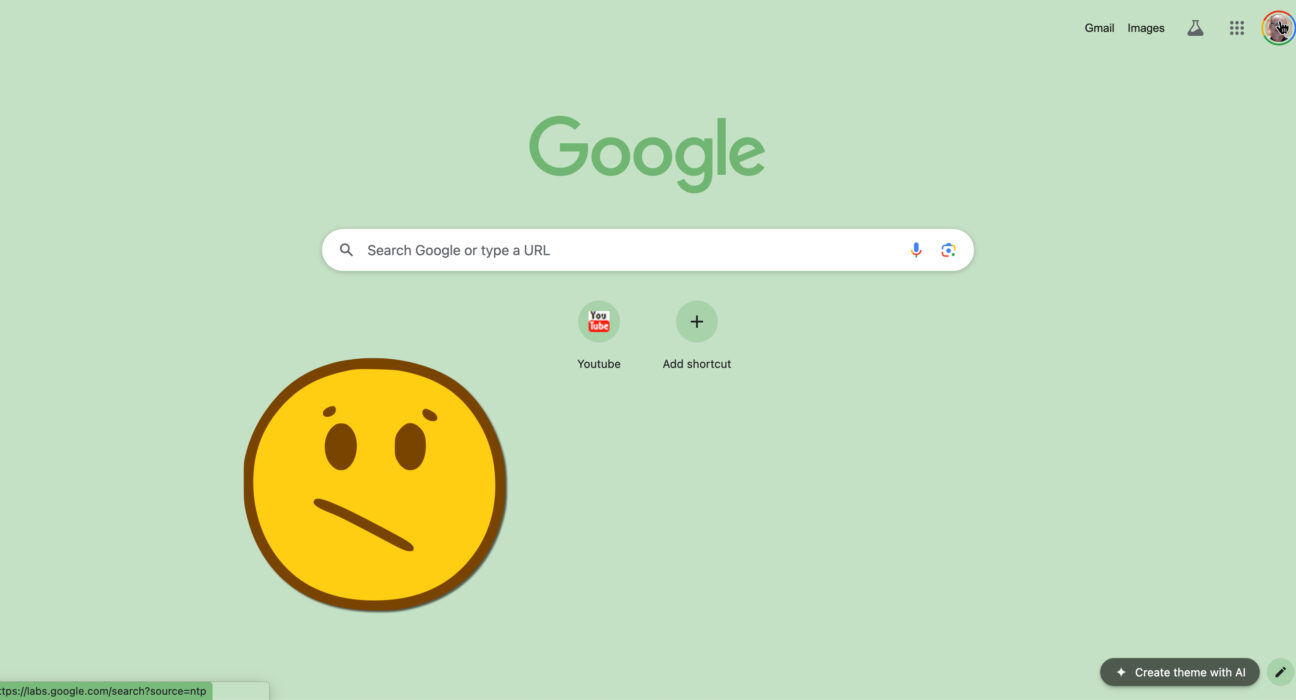The Blank Tab Effect: A Modern Doorway Phenomenon
Have you ever switched to a new browser tab, only to find yourself staring at a blank page and wondering why you opened it in the first place? This common experience is strikingly similar to what psychologists call the doorway effect and it’s one of quirks of how our memory works.
Understanding the Doorway Effect
The doorway effect occurs when people forget their intentions after passing through a doorway. This happens because our brains compartmentalize information based on the environment, treating each room as a separate context. For example, in the kitchen, your mind focuses on relevant items like refrigerators and sinks. Moving to another room, like a bedroom, requires your brain to reset and focus on new surroundings, causing potential memory lapses.
The Blank Browser Tab Connection
Switching browser tabs can be likened to walking through a doorway. Each tab represents a different context or task, and opening a new tab is akin to stepping into a new room. When you encounter a blank tab, your brain might interpret it as a fresh start, causing you to lose track of your original purpose. This is because the act of opening a new tab creates a mental boundary that separates your previous thoughts from the current context.
Why Does This Happen?
Both the doorway effect and the blank tab phenomenon highlight how our brains manage information. Our cognitive system is designed to simplify and organize information by creating mental “chunks” or schemas. These schemas help us navigate familiar environments efficiently, but can also lead to memory lapses when transitioning between contexts.
In the case of browser tabs, each tab contains information about a specific task or topic. When you open a new blank tab, your brain might momentarily reset its focus, making it easy to forget why you initiated the action in the first place.
Implications and Tips
Understanding this connection can help us manage these memory lapses more effectively:
- Mindful Browsing: Before opening a new tab, take a moment to mentally note your purpose.
- Use Reminders: Jot down quick notes or use digital tools to keep track of tasks associated with each tab.
- Limit Tabs: Try to keep the number of open tabs minimal to reduce cognitive load and potential confusion.
By recognizing the similarities between these phenomena, we can better navigate both physical and digital spaces without losing track of our intentions.
Additional posts and episodes from The Psych Files on the topic of Memory




